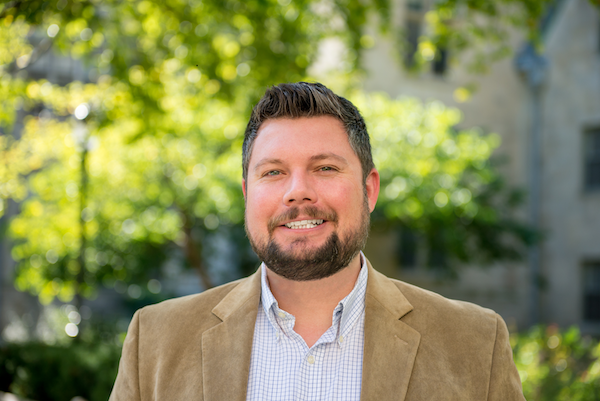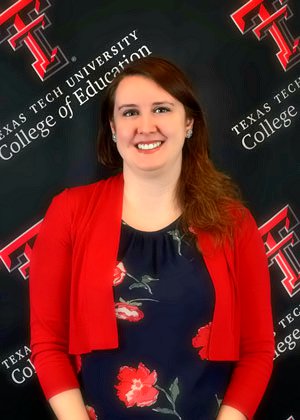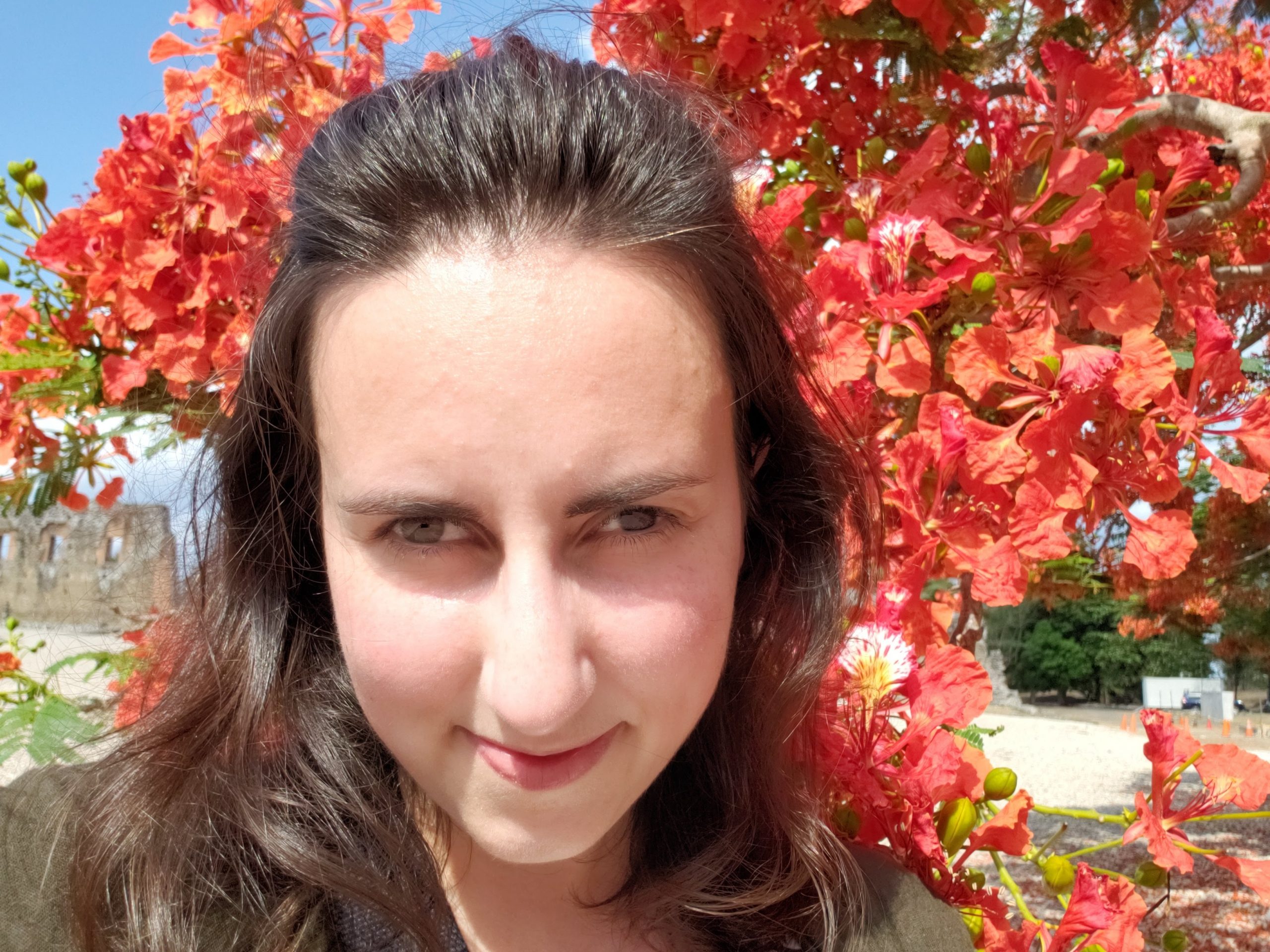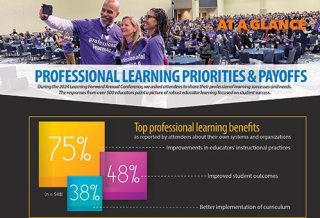IDEAS
Science teachers learn to be policy advocates
By Trey Smith, Rebecca Hite and Rebecca Vieyra
Categories: Advocacy/policyAugust 2021
Read the remaining content with membership access. Join or log in below to continue.
Sed ut perspiciatis unde omnis iste natus error sit voluptatem accusantium doloremque laudantium, totam rem aperiam, eaque ipsa quae ab illo inventore veritatis et quasi architecto beatae vitae dicta sunt explicabo. Nemo enim ipsam voluptatem quia voluptas sit aspernatur aut odit aut fugit, sed quia consequuntur magni dolores eos qui ratione voluptatem sequi nesciunt. Neque porro quisquam est, qui dolorem ipsum quia dolor sit amet, consectetur, adipisci velit, sed quia non numquam eius modi tempora incidunt ut labore et dolore magnam aliquam quaerat voluptatem.
References
AAPT Physics Master Teacher Leader Task Force. (2017). Aspiring to lead: Engaging K-12 teachers as agents of change in physics education. www.aapt.org/K12/upload/PMTL-Report-2017__aapt_fina.pdf
ASCD. (n.d.). Teach to lead. www.ascd.org/programs/teach-to-lead-initiative.aspx
Banilower, E.R., Smith, P.S., Weiss, I.R., Malzahn, K.A., Campbell, K.M., & Weis, A.M. (2013). Report of the 2012 National Survey of Science and Mathematics Education. Horizon Research.
Bundy, B., Dahl, J., Guiñals-Kupperman, S., Hengesbach, J., Martino, K., Metzler, J., Smith, T., Vargas, M., Vieyra, R., & Whitehurst, A. (2019). Physics teacher leaders influencing science education policy. The Physics Teacher, 58(3), 210-213.
Gonzales, P., Williams, T., Jocelyn, L., Roey, S., Kastberg, D., & Brenwald, S. (2009). Highlights from TIMMS 2007: Mathematics and science achievement of U.S. fourth- and eighth-grade students in an international context. National Center for Education Statistics, Institute of Education Sciences, U.S. Department of Education.
Heiman, H.J., Smith, L.L., McKool, M., Mitchell, D.N., & Roth Bayer, C. (2016). Health policy training: A review of the literature. International Journal of Environmental Research and Public Health, 13(1), 1-12.
Hite, R. & Milbourne, J. (2018). A proposed conceptual framework for K-12 STEM master teacher (STEMMaTe) development. Education Sciences, 8(4), 1-25. doi.org/10.3390/educsci8040218
NASEM. (2017). Increasing the roles and significance of teachers in policymaking for K-12 engineering education: Proceedings of a convocation. The National Academies Press.
NCES. (2012). Schools and staffing survey. Institute of Education Sciences, U.S. Department of Education. nces.ed.gov/surveys/sass/tables/sass1112_20161012001_t1n.asp
NRC. (2014a). Exploring opportunities for STEM teacher leadership: Summary of a convocation. The National Academies Press.
NRC. (2014b). Literacy for science: Exploring the intersection of the Next Generation Science Standards and Common Core for ELA Standards: A workshop summary. The National Academies Press.
NRC. (2007). Taking science to school: Learning and teaching science in grades K-8. The National Academies Press.
Powell, D. (2016, November 16). Is it appropriate for teachers to discuss politics in school? [Web Blog Post]. blogs.edweek.org/edweek/K-12_Contrarian/2016/11/appropriate_ for_teachers_discuss_politics_school.html
Saçkes, M. Trundle, K.C., Bell, R.L., & O’Connell, A.A. (2010). The influence of early science experience in kindergarten on children’s immediate and later science achievement: Evidence from the early childhood longitudinal study. Journal of Research in Science Teaching, 48(2), 217-235.
Sunderman, G.L., Tracey, C.A., Kim, J., & Orfield, G. (2004). Listening to teachers: Classroom realities and No Child Left Behind. The Civil Rights Project at Harvard University.
U.S. Department of Education. (n.d). Albert Einstein distinguished educator fellowship program. science.osti.gov/wdts/einstein
Categories: Advocacy/policy
Recent Issues
LEARNING DESIGNS
February 2025
How we learn influences what we learn. This issue shares essential...
BUILDING BRIDGES
December 2024
Students benefit when educators bridge the continuum of professional...
CURRICULUM-BASED PROFESSIONAL LEARNING
October 2024
High-quality curriculum requires skilled educators to put it into...
LEARNING TO PIVOT
August 2024
Sometimes new information and situations call for major change. This issue...













